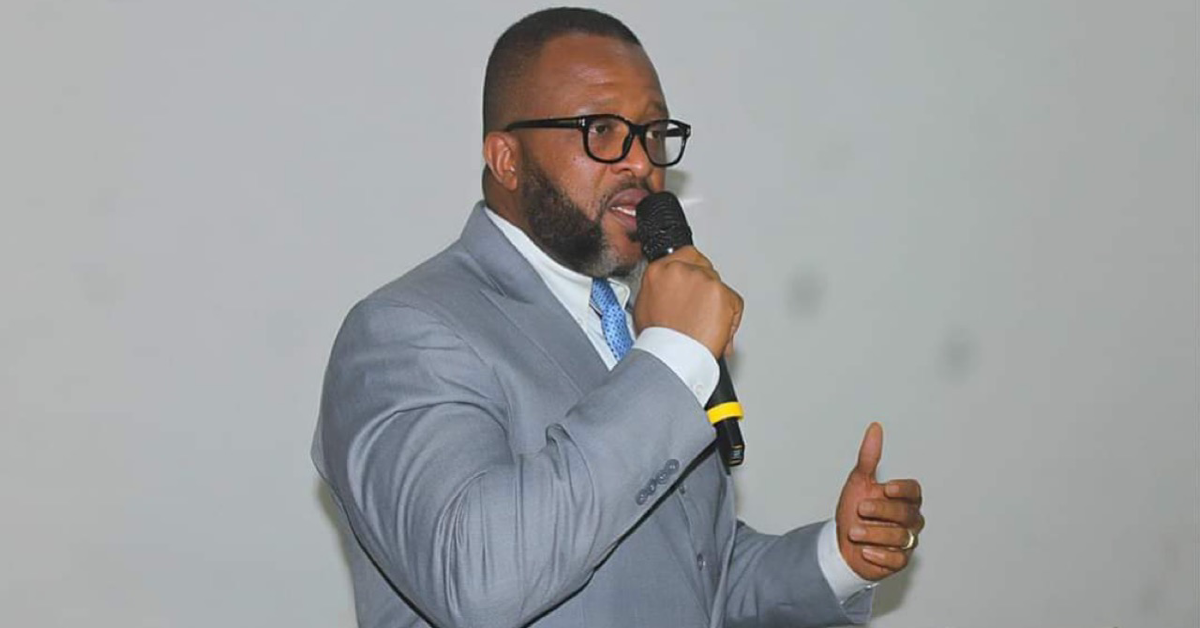The Director-General of the National Communications Authority (NatCA), Amara Brewah has welcomed representatives from the Republic of Guinea, Liberia and Cote d’ Voire into the country.
Their visit is to sign a Memorandum of Understanding (MoU) with regard alternative international traffic route (redundant route) using the terrestrial fiber optic cable between the countries.
Knowing fully of the fact that digital rights are now human rights, and that the public frowns at internet downtime, Brewah is hoping of pushing this Framework Agreement to enhance resilience and sustained international connectivity.
The Framework Agreement, which is anchored on the integrated cooperation in the posts, telecommunications and digital economy sector, was initiated by the Minister of Communications, Technology and Innovation, Madam Salima M. Bah, during a working visit in Conakry from 9th – 10th August 2024, to commence policy discussions on regional interconnection with her counterpart, Madam Rose Pola Pricemou, Minister of Posts, Telecommunications and Digital Economy of the Republic of Guinea.
Brewah informed his audience that he had earlier been on a working visit to Conakry from 29th-30th August 2024 to firm up a Framework Agreement between the Republic of Guinea and the Republic of Sierra Leone on alternative international traffic route (redundant route) using the terrestrial fiber optic cable between the two countries.
The Ministry of Communications, Technology and Innovation and National Communications Authority (NatCA) from Sierra Leone, the Ministry of Posts, Telecommunications and Digital Economy and the Posts and Telecommunications Regulatory Authority (ARPT), and other sector stakeholders in both countries played pivotal roles in drafting of the Framework Agreement on cooperation in different areas.
The areas of cooperation would include but not limited the interconnection of the two (2) countries to facilitate and secure communications; the collaboration of infrastructure sharing and connectivity between the two (2) countries for the provision of services at affordable cost; the regulation of the Posts and Telecommunications/ICT sector of the two (2) countries; the implementation of the guidelines of sub-regional, continental and international institutions (ECOWAS, SMART AFRICA, ATU, ITU, etc); the promotion of the sub-regional initiatives on roaming (Short Message Service, voice and data) and continental One Network and the fight against cybercrime.
Several other speakers reiterated the importance of ECOWAS states coming together in communication matters, as that would boost the integrity, respect, responsibility and connectivity.











